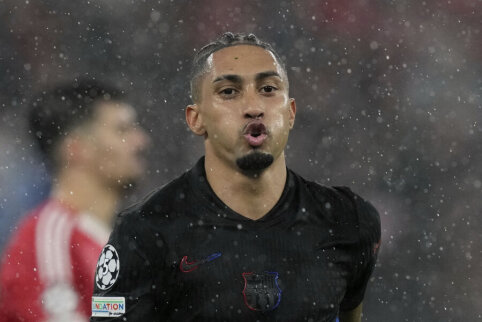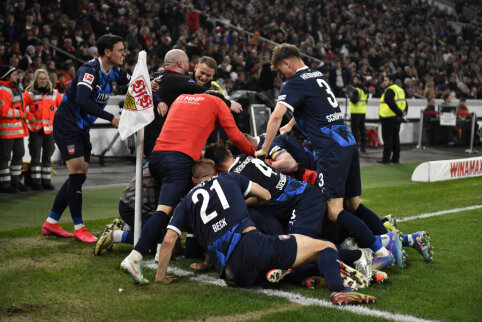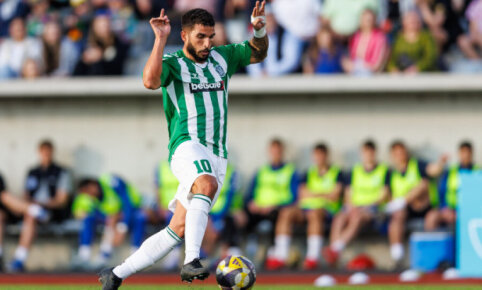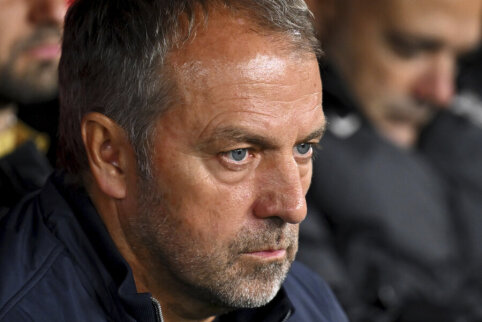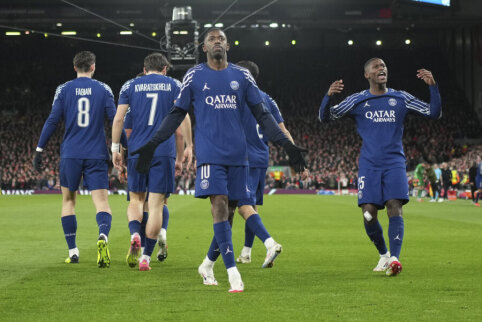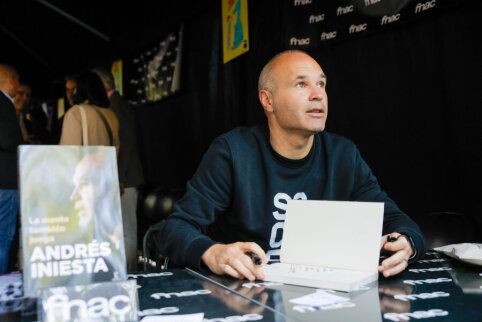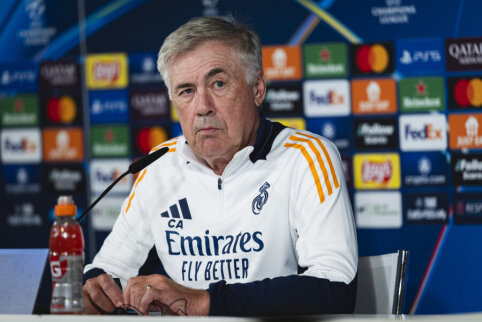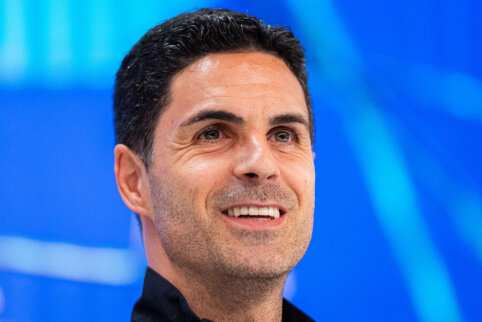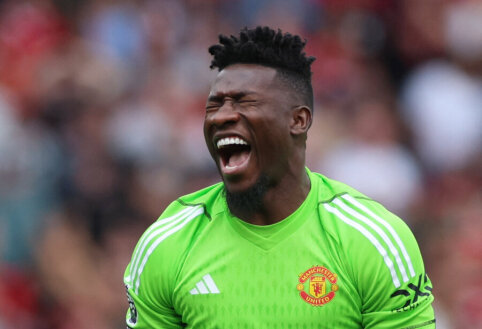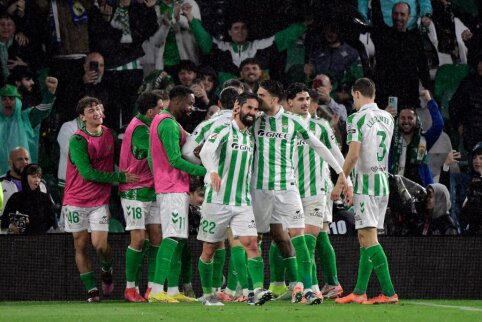 © EuroFootball.com
© EuroFootball.com
Yesterday's decision to postpone the start of the NFKA "A League" championship at the NFKA board meeting sparked a lot of discussions. Some claimed that the start of the championship should not be taken lightly, while others agreed with the main argument that due to the late spring, the quality of the fields is too poor.
The official "A League" website decided to talk to the supervisors of several stadiums where the first round of the "A League" matches were supposed to take place.
Jonas Grigas, director of the "Žalgiris" stadium:
Director, what consequences would the field face if the "A League" matches were played on April 9?
"Currently, the field is significantly waterlogged, and frost is deep in the ground, about ten centimeters deep. Given the current condition of the field, I can guarantee that after just a few minutes of play, the field would turn into a "potato field." Furthermore, for the remainder of the spring, the quality of the field would be extremely poor."
J. Grigas was pleased that there would be more time to prepare the field.
Are these years in any way special? What was the situation in previous years?
"This year, spring is late by about two weeks. In the past, at the end of March two years ago, the Lithuanian national and Olympic teams were preparing for matches against the Germans at the 'Žalgiris' stadium. Training took place twice a day and did not cause significant damage to the field. This year, on April 1st, the field was covered with a layer of ice several centimeters thick. Such deep frost formed not only due to the late spring but also because winter started later in the Vilnius region."
How long will it take for the field to be playable without causing significant damage?
"The crucial thing is for the field to dry out. It takes about a week of sunny days. It is also important that the temperature does not drop below zero at night."
What interesting facts accompanied the history of the "Žalgiris" stadium field?
"In 1983, when 'Žalgiris' entered the USSR championship, we received a recommendation from the sports committee to invite Mr. Abramashvili to Vilnius, who would consult on field maintenance issues. At that time, Mr. Abramashvili was the only person in the Soviet Union who had been trained in England and knew the subtleties of field maintenance well. He evaluated the field soil, wrote recommendations on how to maintain the field in different seasons. During his visit, we drove him in a 'Volga,' and we paid him 3000 rubles for his services."
Valerijus Kromanas, caretaker of the "Vėtra" stadium
What is the current condition of the "Vėtra" stadium?
"The stadium field is still waterlogged in places, some ice remains, but we finished clearing the snow from the surface only yesterday. A few days ago, the field was covered with a layer of snow half a meter deep."
How long will it take for the stadium field to become satisfactory?
"It is difficult to predict; everything depends on the weather conditions. We hope to have the field ready to an acceptable level by April 15. The consolation is that compared to the previous season, the stadium field is greener, so we can predict that it will recover faster once the frost recedes."
Some places are still covered with ice.
Vytas Snarskis, director of the Kaunas S. Darius and S. Girėnas Sports Centre, is convinced that this weekend the footballers from Kaunas FBK "Kaunas" cannot play at the S. Darius and S. Girėnas stadium.
"We sent a letter to the club and informed them of the situation. This year, spring is late, the frost is still felt. It's not worth damaging the stadium for one match. If the footballers were to step onto the field this Sunday, the damage would be obvious because the vegetation has not yet started. Grass shoots would be crushed. We have hired a person who knows these things well and consults us," said V. Snarskis.
Will the field be suitable then for the third round match between "Kaunas" and Klaipėda "Atlantas" at the S. Darius and S. Girėnas stadium on April 19?
"If the weather conditions improve, it would be possible to play. However, it is better to avoid matches until the beginning of May. The grass needs to be mowed twice by then. Only after that do we recommend that the footballers make an appearance on the field. Last spring was warmer, but the footballers appeared on the field too early, so in the middle of summer, the field had to be repaired, especially in the penalty areas. It is better to endure a little and avoid bigger problems and costs," concluded the director of the S. Darius and S. Girėnas Sports Centre.
